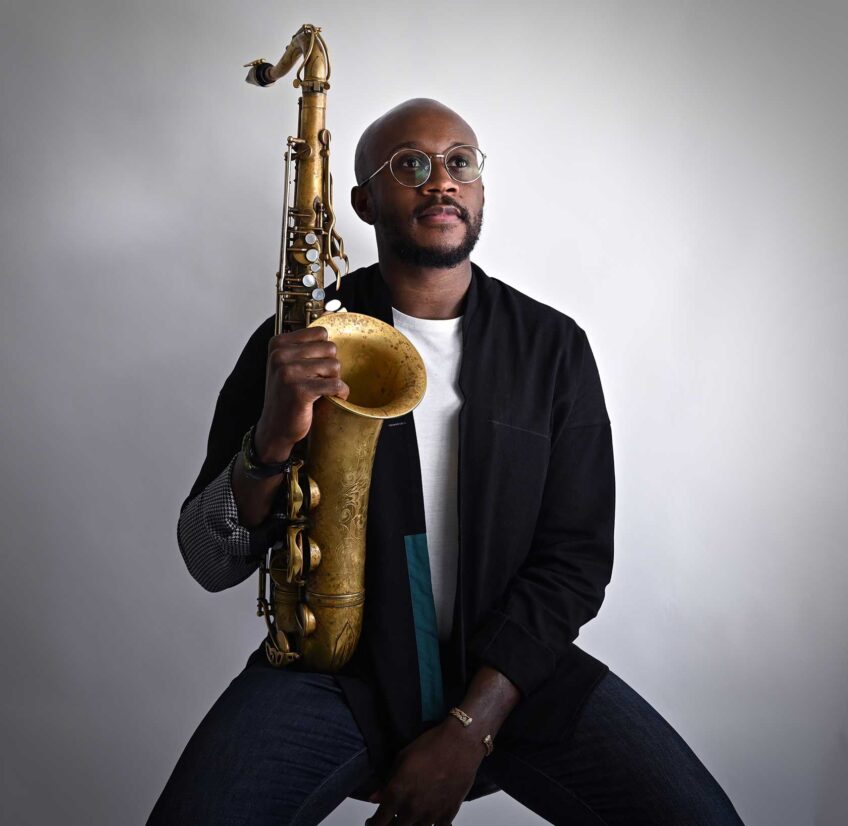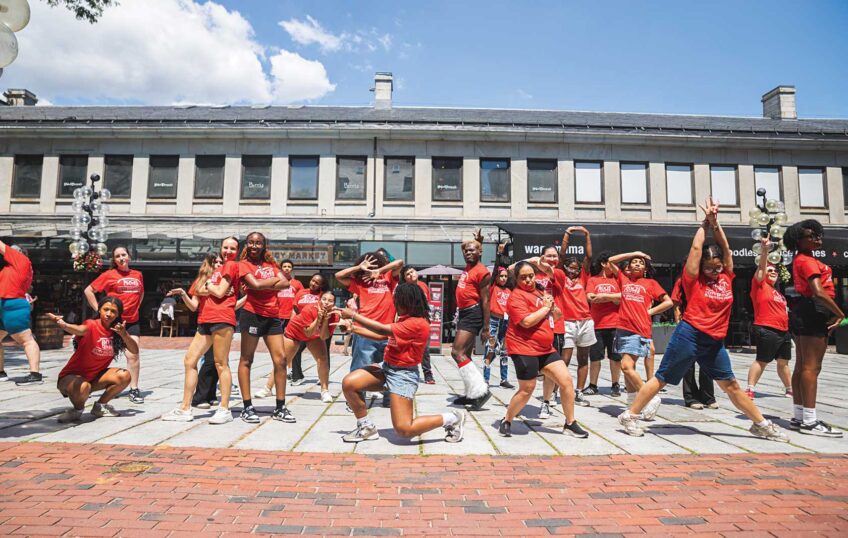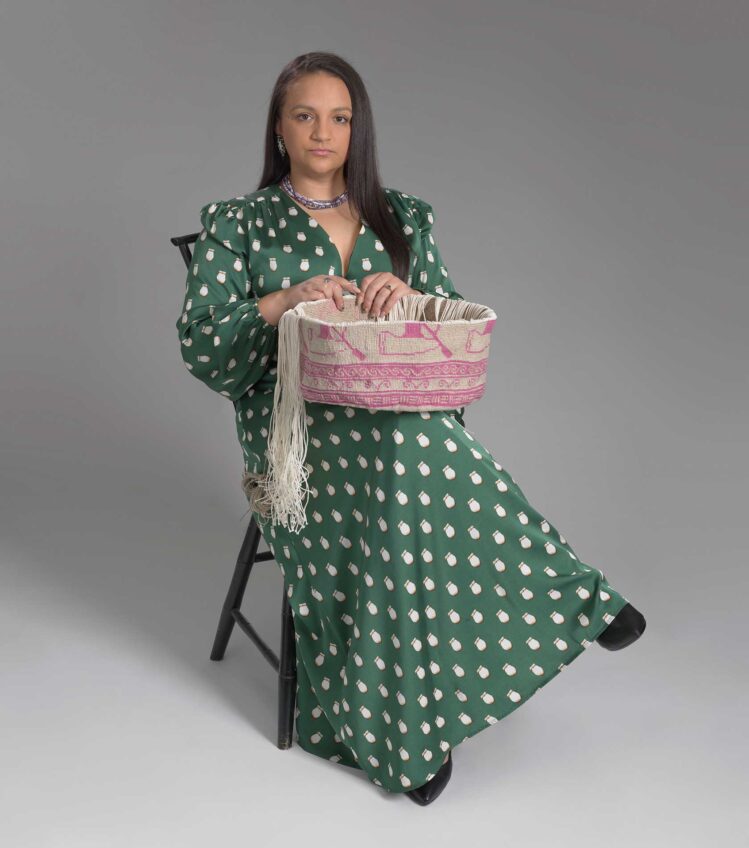Take two arts activities and call me in the morning: Mass. doctors can now prescribe arts for health concerns
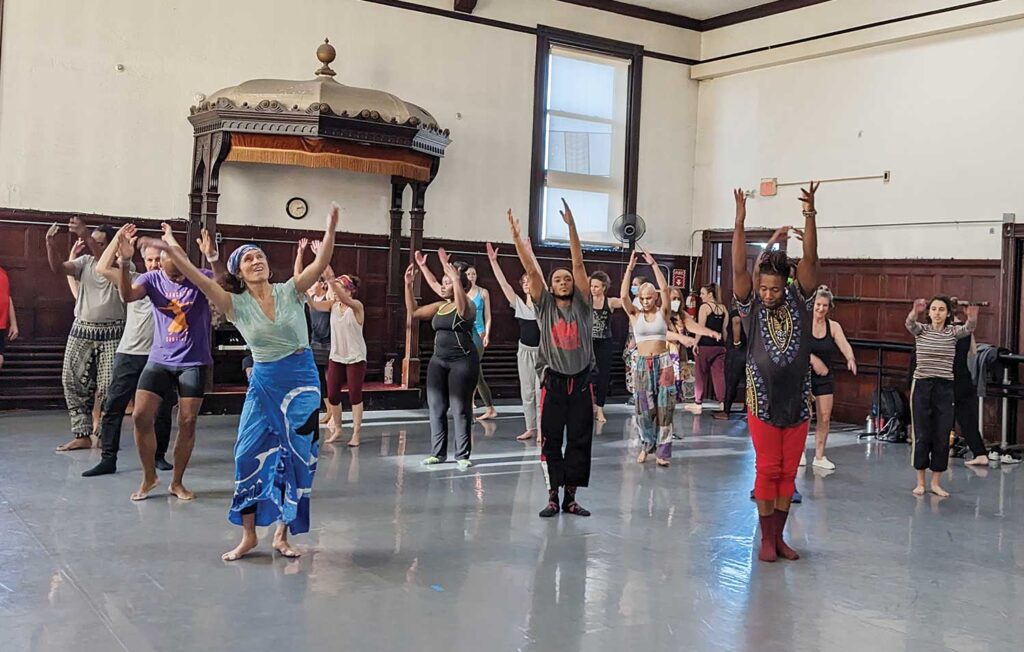
The arts in Massachusetts have taken on a new role from culture creator to healthcare solution. In June, Art Pharmacy and Mass Cultural Council, along with Mass General Brigham, announced the launch of the first statewide arts prescription in the nation. Now alongside medications and lifestyle changes, clinicians can prescribe arts experiences to address health concerns like blood pressure regulation, social isolation and mental health disorders.
Mass Cultural Council began testing this social prescribing model in 2020 with the CultureRx Initiative, the first time the possibility of arts prescriptions was debuted on any significant scale in Massachusetts. During the three-year pilot program, Mass Cultural Council worked directly with cultural organizations, healthcare providers and patients to see what impact could be made with those kinds of prescriptions.
Partnering with Art Pharmacy allows Mass Cultural Council to scale the program to serve the entire state.
“Mass Cultural Council believes this initiative will increase access to arts participation, help drive down healthcare costs, and support vulnerable communities in the Commonwealth,” says Michael J. Bobbitt, executive director of Mass Cultural Council.

Art Pharmacy participating organization Castle of Our Skins in performance PHOTO: ROBERT TORRES PHOTOGRAPHY
Here’s how it works. If your physician is a prescribing partner with Art Pharmacy, they will write you a prescription for engagement with arts and culture. A Care Navigator at Art Pharmacy then connects with you to understand what health concerns need addressing and what arts activities might help you specifically. They assign you to a culture activity, which you attend and ideally reap benefits from.
During the process your Care Navigator keeps track of your progress and shares that information with the clinician who referred you. If needed, you can continue to get a prescription refill. Most patients participate in 12 arts activities in the course of a year.
Patients will be able to access this service, free of charge, if both their provider and insurer join the Art Pharmacy program. Mass Cultural Council is also expecting to contribute $100,000 of their 2025 budget to the program.
According to Bobbitt, the program also serves as additional revenue generation for arts organizations and brings new streams of visitors into theaters, galleries, hands-on workshops and more cultural spaces throughout the state.
“We know this work to be effective preventive medicine and are thrilled it will also create a new revenue stream for cultural organizations who – for the first time – will be compensated specifically for the health benefits they provide,” he says.
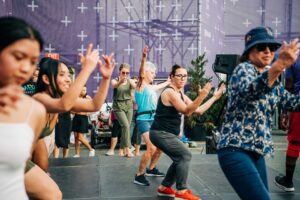
Art Pharmacy participating organization The Dance Complex during their 30th Anniversary event PHOTO: BABY VIKING PHOTOGRAPHY
Anne Klibanski, MD, president and CEO of Mass General Brigham says the new prescribing model will be used on a pilot basis among their patients as an additional tool for regulating blood pressure control.
“We will focus this care at the primary care sites where patients are at most risk, given the long-standing disparities in blood pressure control for underserved communities,” says Klibanski. “This initiative will work in parallel with our clinical equity efforts and our commitment to a personalized, quality experience for every patient at Mass General Brigham.”
The World Health Organization analyzed the results from more than 3000 studies related to the health benefits of arts and culture and found that interaction with these fields supported child development, helped people experiencing mental illness, supported people with neurodevelopmental and neurological disorders and supported caregiving.
This partnership aims to bring those benefits directly to Massachusetts patients.
Art Pharmacy CEO Chris Appleton says, “In the face of the dual mental health and loneliness crises, arts-based social prescribing, like what Art Pharmacy offers, provides an accessible, effective and enjoyable intervention for people in the Commonwealth.”





